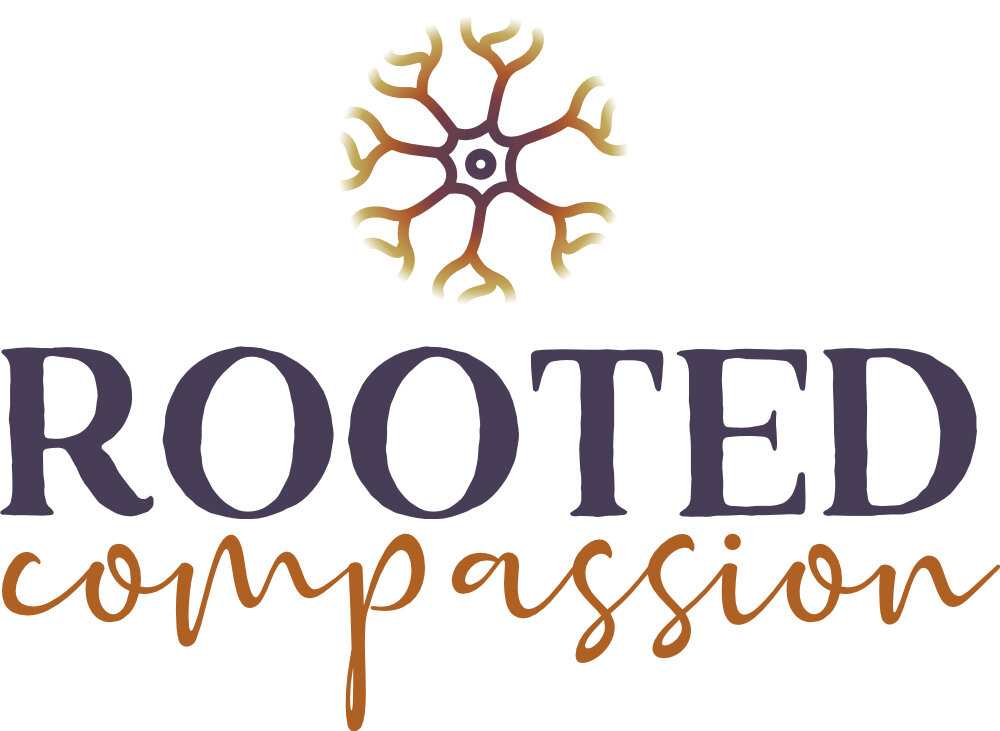Cincinnati Counselor in Training Discusses the Importance of Intentional Distraction for Self-Regulation
Distraction is a skill from Dialectical Behavior Therapy (DBT), specifically the distress tolerance module, which teaches several skills to help people tolerate difficult situations and emotional pain. From a DBT lens, distraction means something much different than maybe what we are used to hearing. It’s intentionally choosing to do something else instead of doing the thing your emotions are telling you to do when you’re upset or overwhelmed.
Because acting on your emotions or urges when you’re highly activated usually only backfires.
There are times when our nervous system is so dysregulated that rational thought is simply not possible because the connection between the part of the brain that oversees rational thought and behavioral control goes offline in service of helping you survive the threat in front of you.
It is best to use distraction in situations when:
Emotional pain is or threatens to become too overwhelming.
You are having a problem that cannot be fixed immediately.
You are having urges to do something you may regret later or are against your values.
For a distraction to work, we first need to recognize that we are having emotions that are big. In times of big emotions, we might not exactly feel like being skillful but there may be some part of us, however, small now that says we shouldn’t do whatever our emotion is telling us to do -- for the consequences it may wreak on ourselves, our relationships, or other areas (work, school, or legal) may be greater.
Distracting from painful emotions or distress means turning our attention to something else.
There are seven sets of distracting skills I’ve included in this article. The sentence “Wise Mind ACCEPTS” is a useful way to remember these skills.
Activities- Do an activity that requires thought, concentration, or physical exertion.
Contributing- Do something that allows you to focus on another person.
Comparisons- Put your situation in perspective by comparing it to something more painful or distressing.
Emotions- Do something to create a new emotion that will compete with your distressing emotion.
Pushing Away- Avoid a painful situation or block it from your mind using a technique such as imagery.
Thoughts- Use a mental strategy or an activity that shifts your thoughts to something neutral.
Sensations- Find moderately intense physical sensations to distract you from distressing emotions.
To access the full article and all the different ways to distract yourself, click this link!
References:
Linehan, M. (2015). Distracting- Distress Tolerance Module. In DBT skills training handouts and worksheets (pp. 333–334). essay, The Guilford Press.
Hand model of the brain. Dr. Dan Siegel. (2020, October 16). https://drdansiegel.com/hand-model-of-the-brain/
Photo Credit:
Brandon Mueller (he/him/his) is currently a student in the Clinical Mental Health Counseling Program at Xavier University and is excited to be an intern at Rooted Compassion. As a counselor in training, Brandon brings experiences from his work as a direct care provider to his work with clients. He has experience working with individuals who struggle with trauma, anxiety, depression, eating disorders, and symptoms associated with Bipolar Disorder and Borderline Personality Disorder.
The Rooted Compassion team is made up of a group of counselors who have a variety of specialties in order to best serve our clients. We recognize that every person has his/her own personal and unique life experiences and that one modality will not work for every client. Listed below is a summary of our counselors’ specialties at Rooted Compassion:
Emotional Freedom Techniques
Grief Counseling
Somatic Focused Counseling
EMDR
Cognitive Behavioral Therapy
Dialectical Behavior Therapy
Mindfulness-Based Practices
Trauma Responsive Care Techniques
Acceptance and Commitment Therapy
Drama Therapy/Expressive Arts
If you are interested in learning more about what Rooted Compassion is all about, please contact us today, look through our website, or find us on Instagram and Facebook.
Rooted Compassion Counseling is Ohio’s leading practice for trauma therapy through the lens of the nervous system. Our focus is to walk alongside clients as they heal from depression, anxiety, trauma, grief and/or loss. If you or someone you know are seeking to explore and build an inner sense of calm and safety, please contact us today. We would love to help you to find a counselor and counseling techniques that will guide you on your mental health journey to healing.



